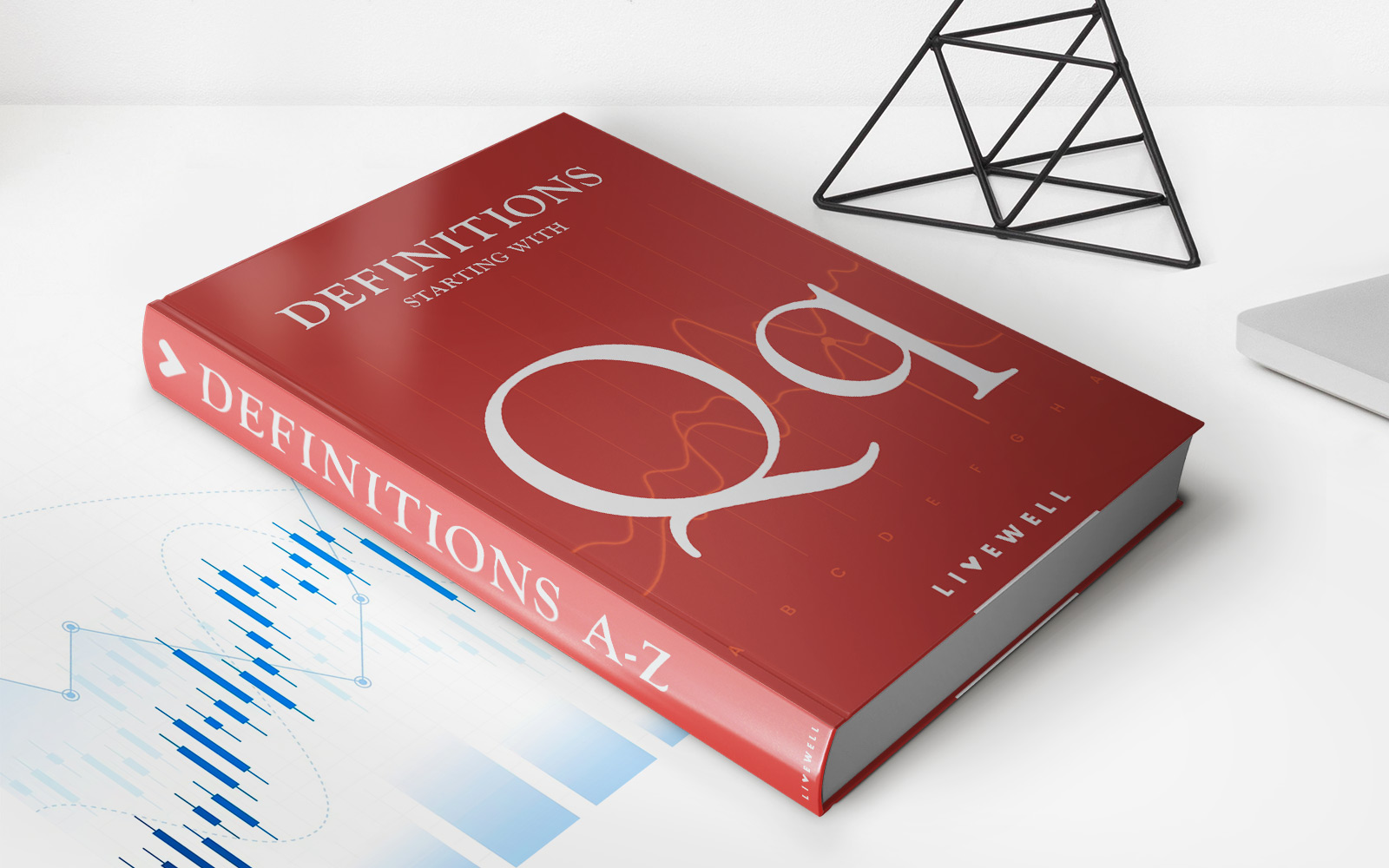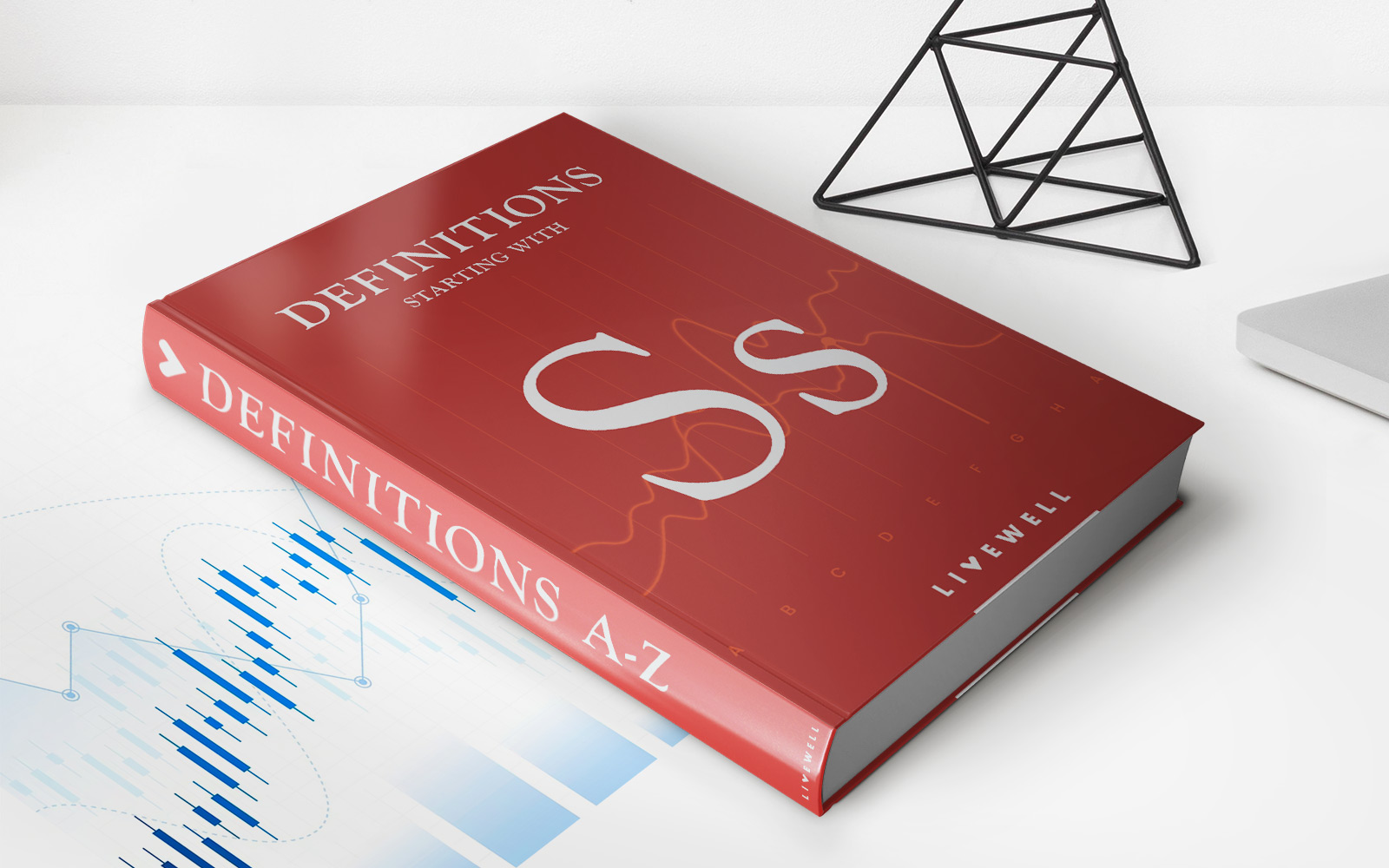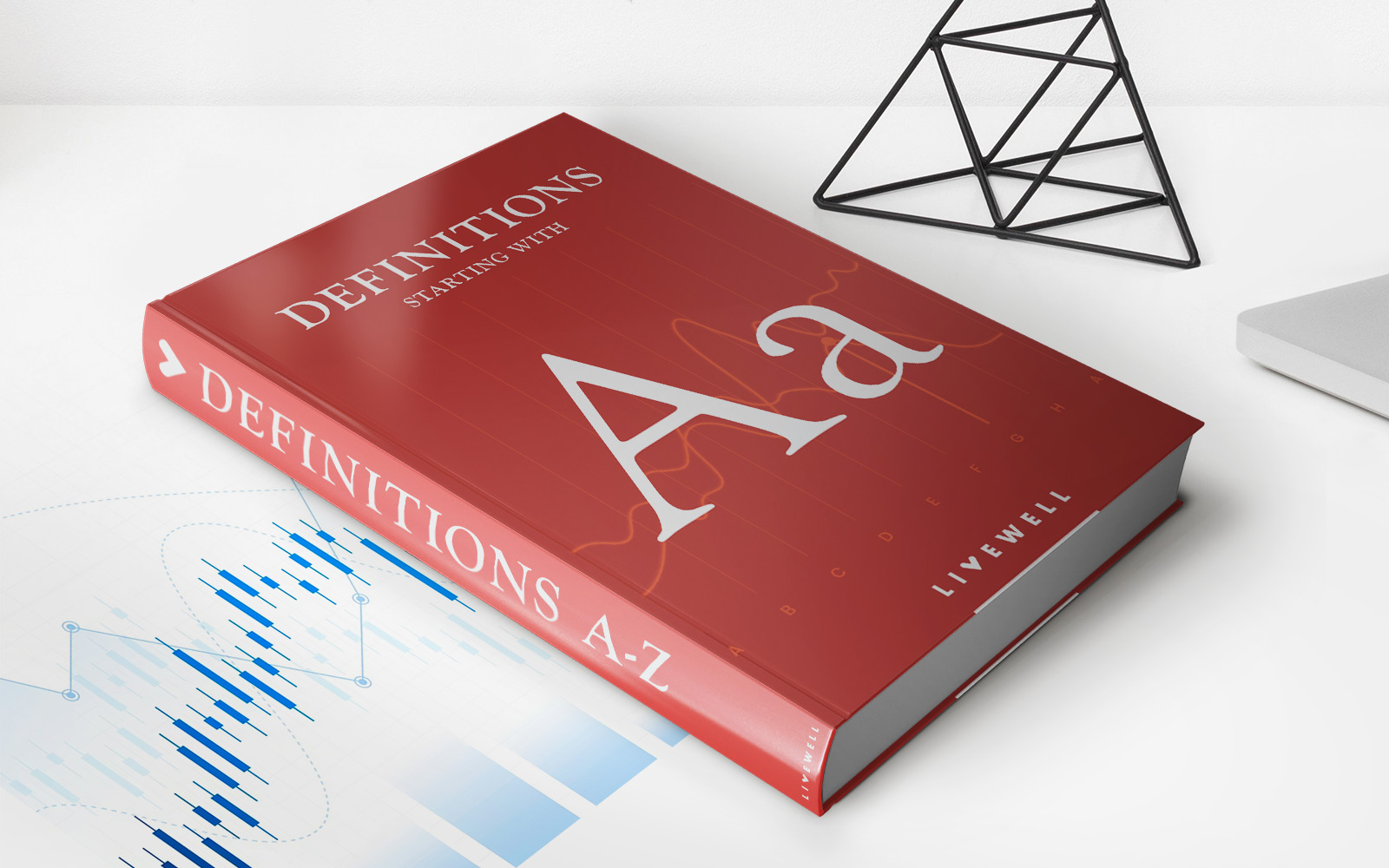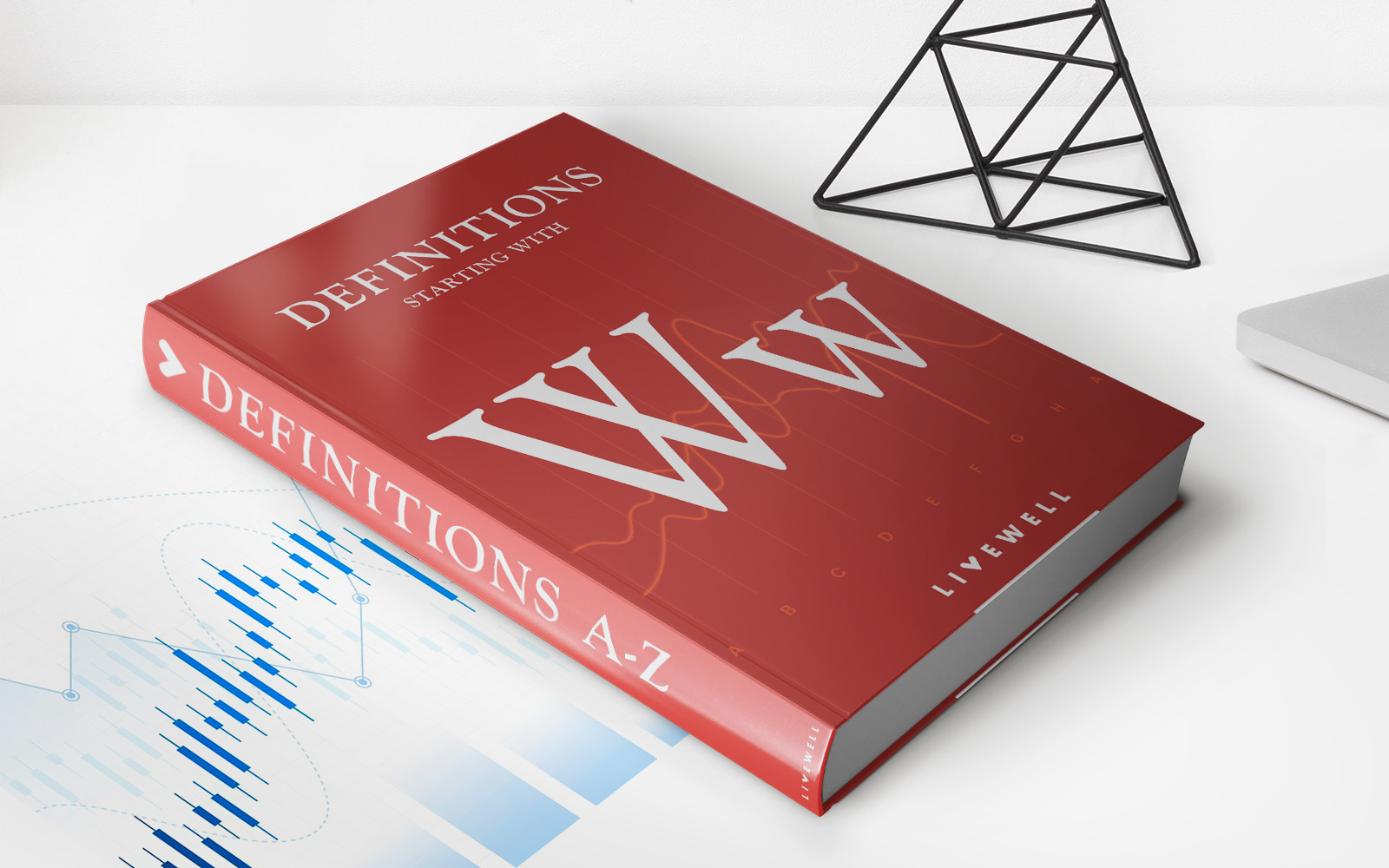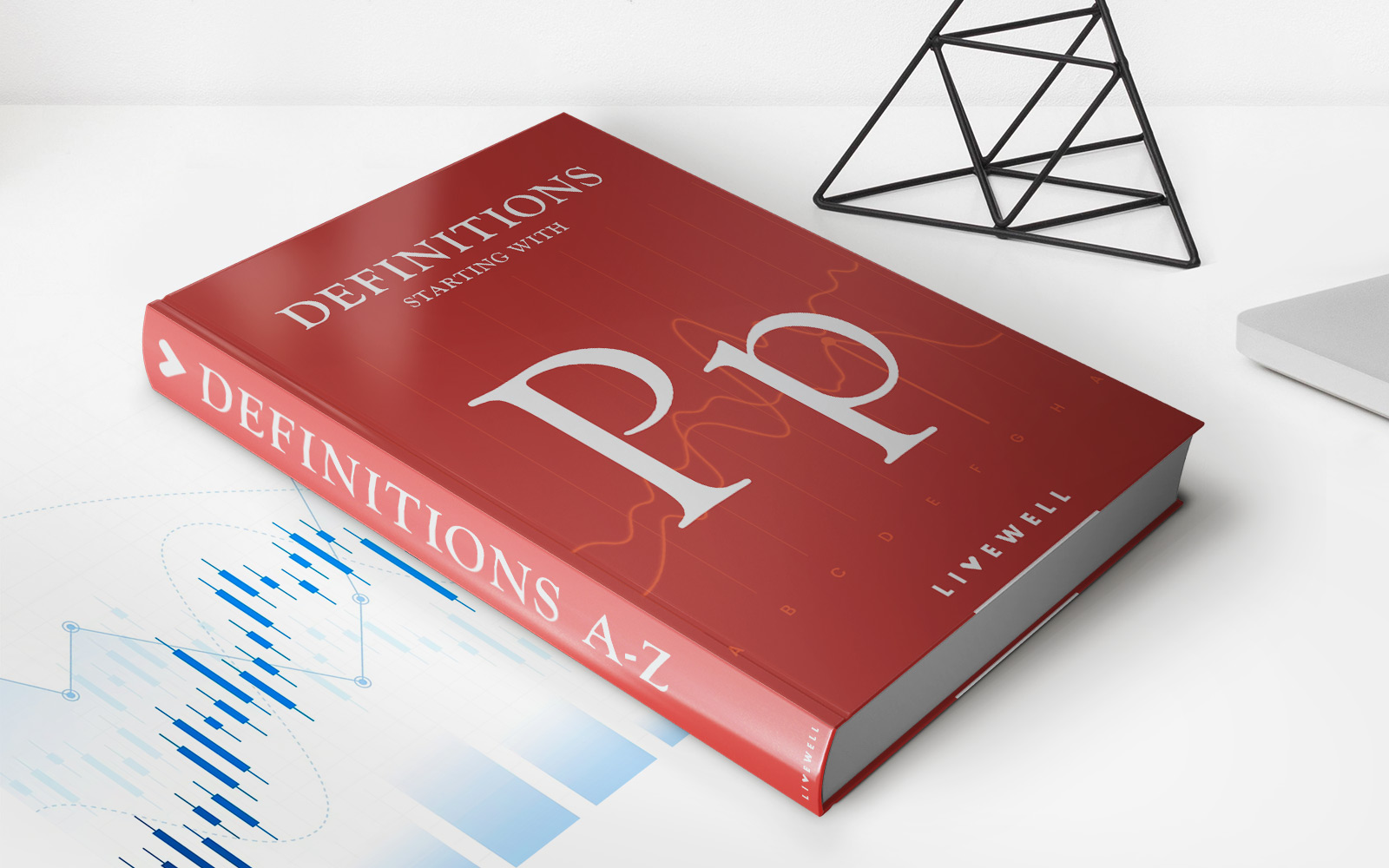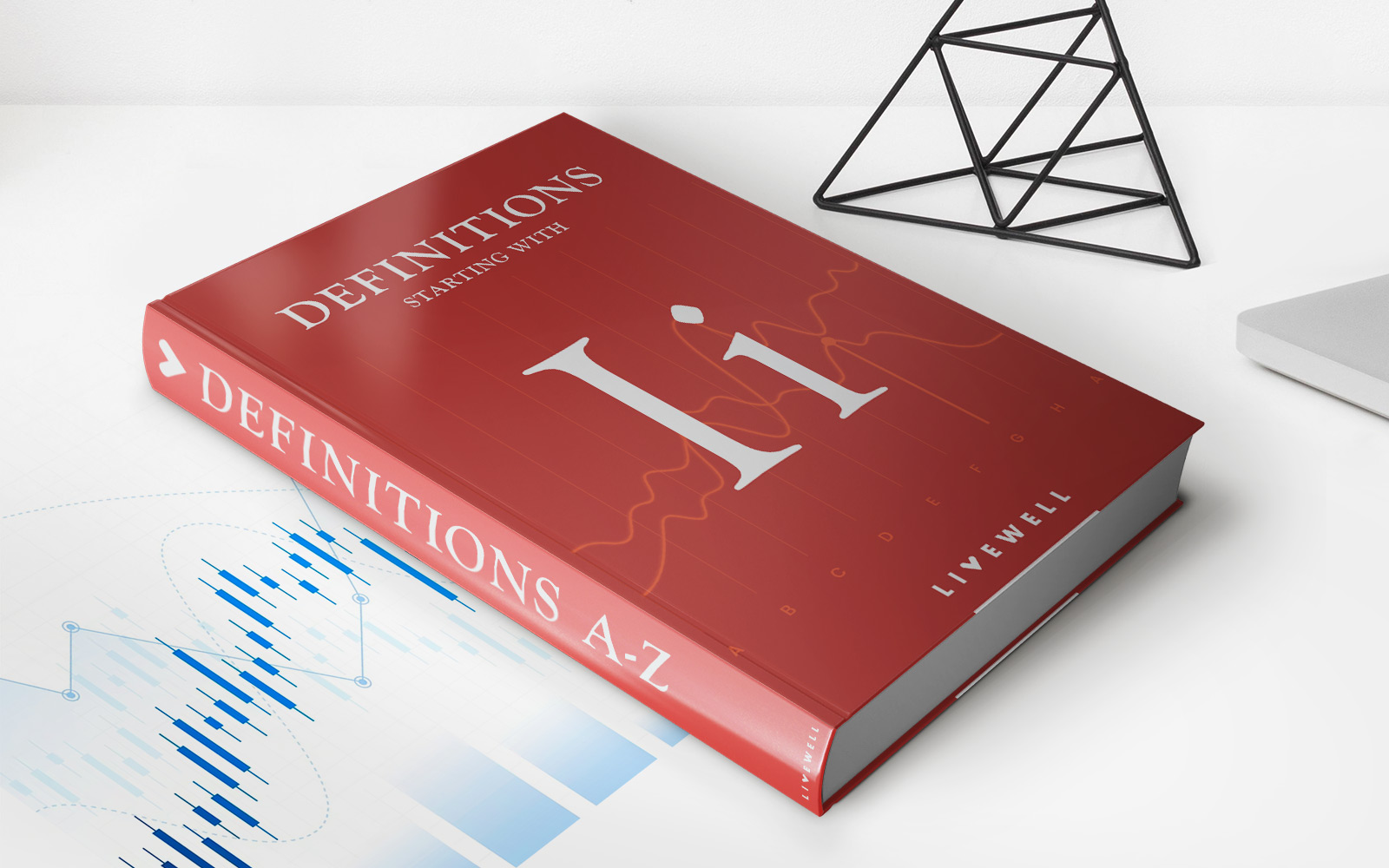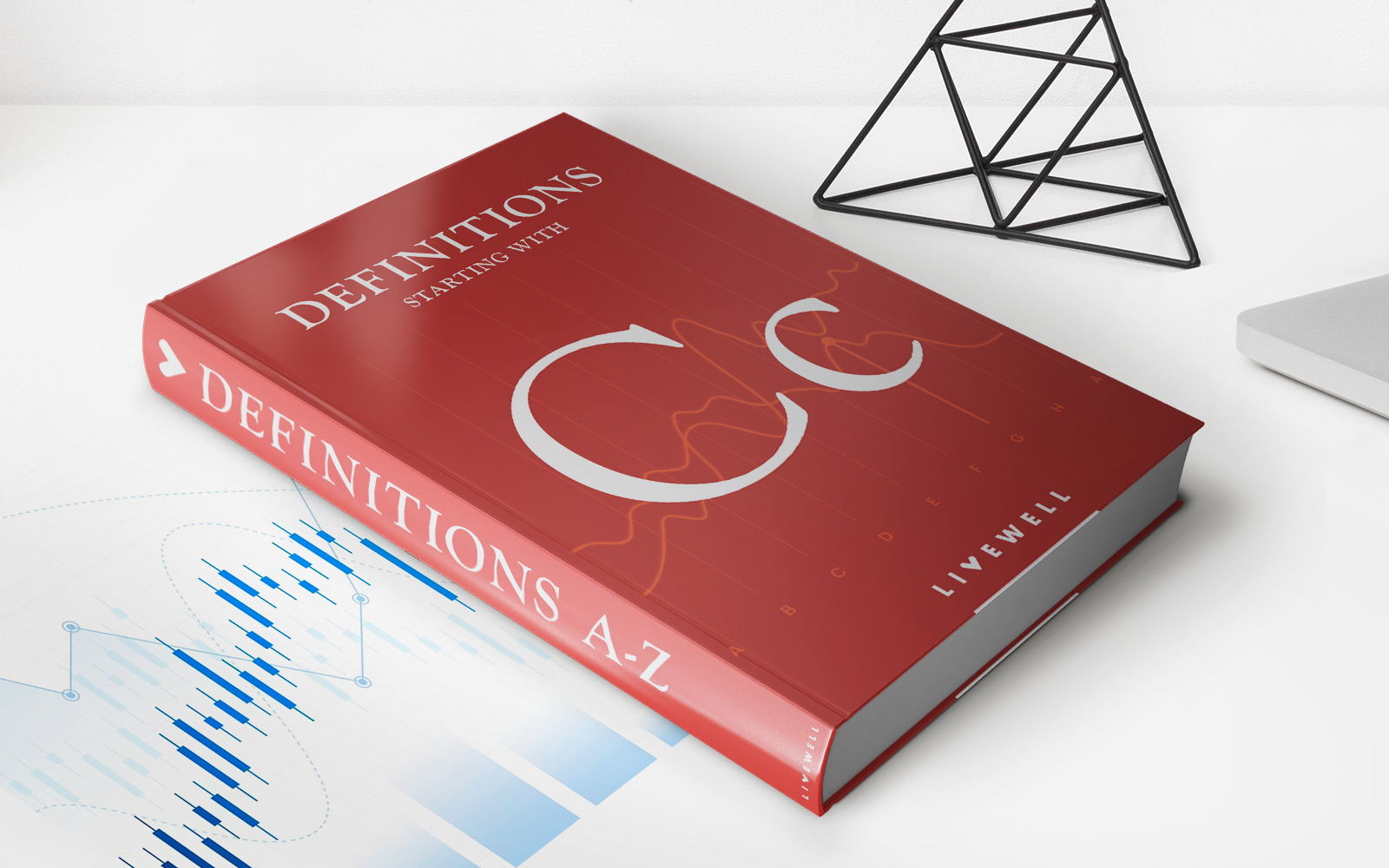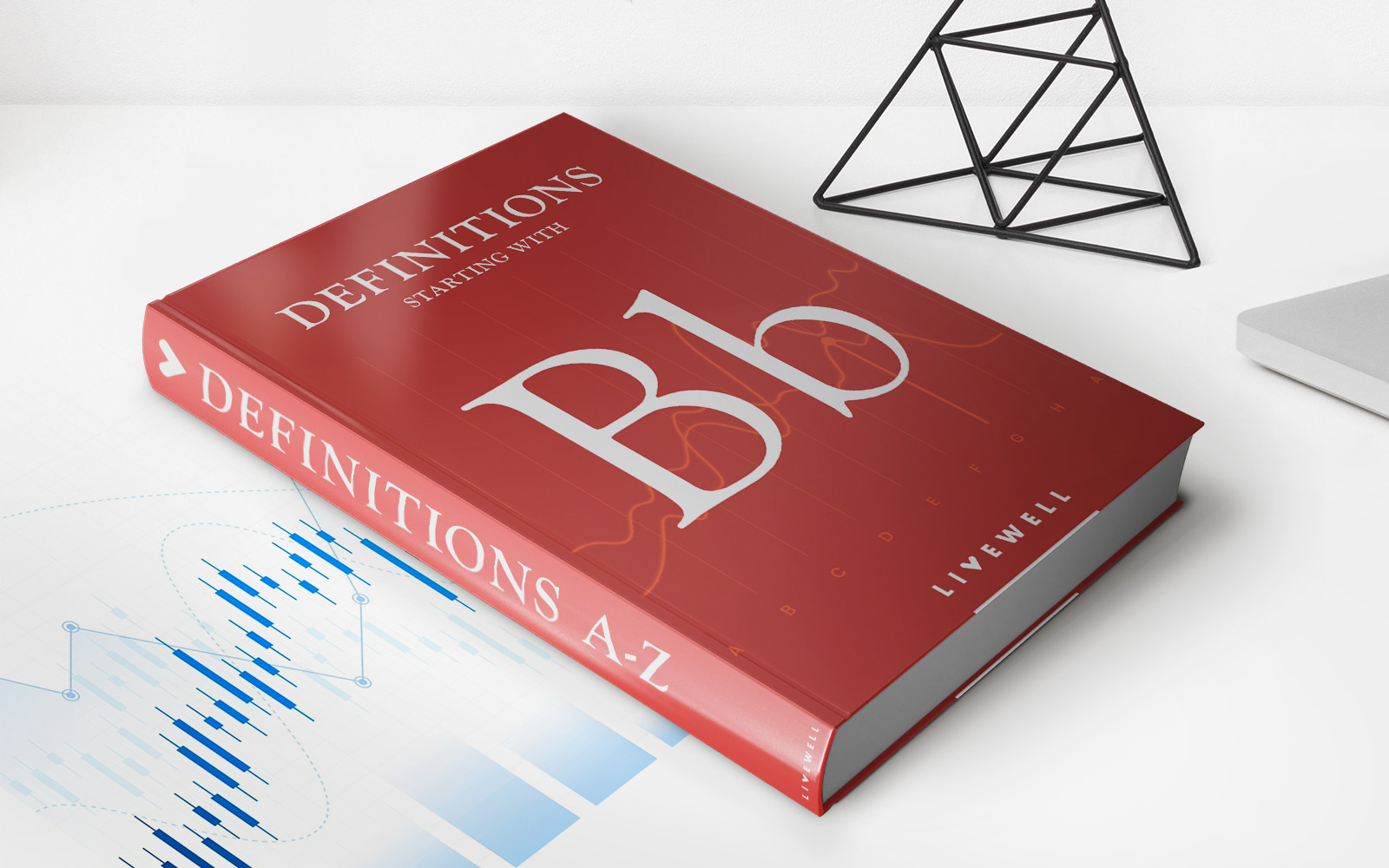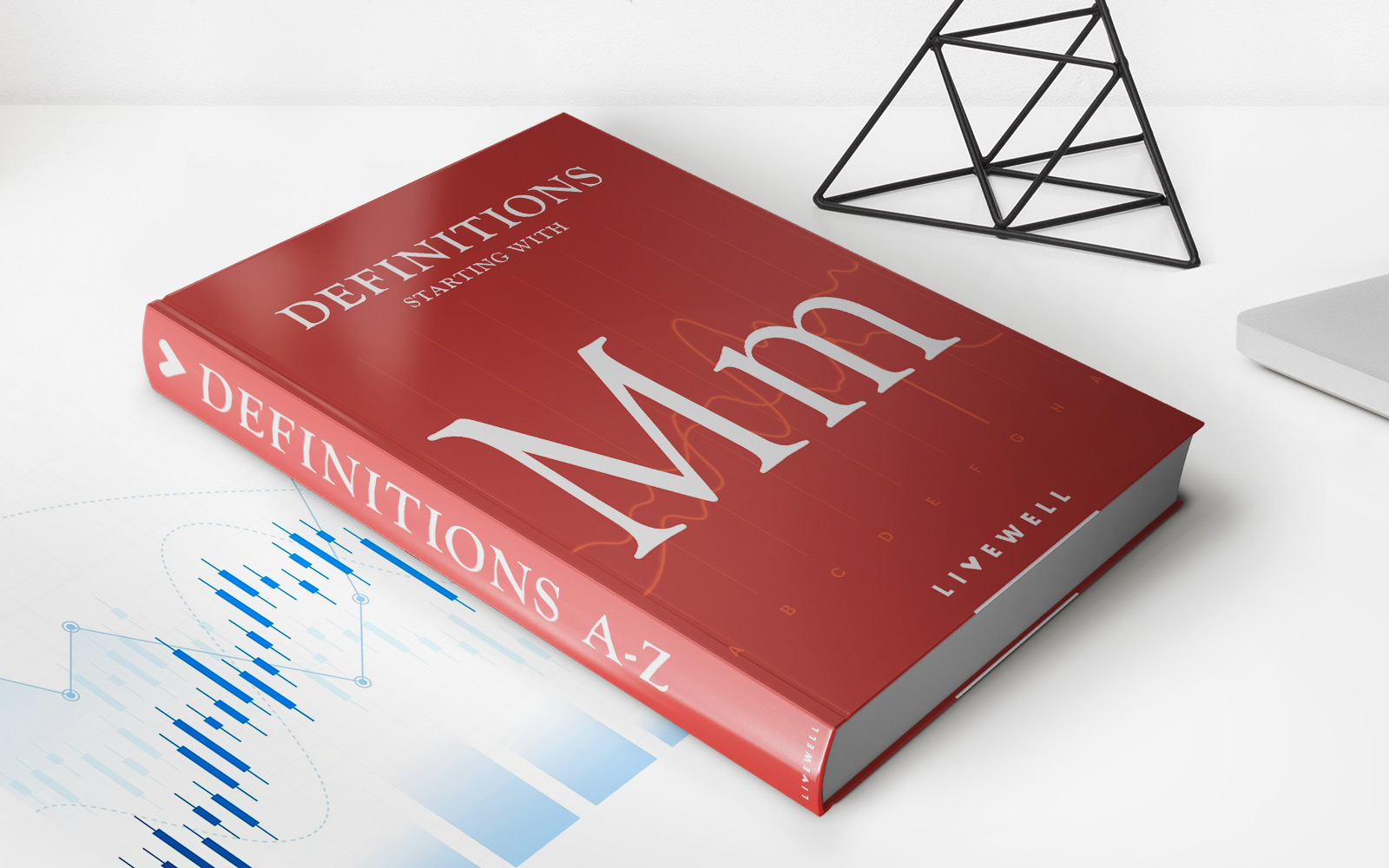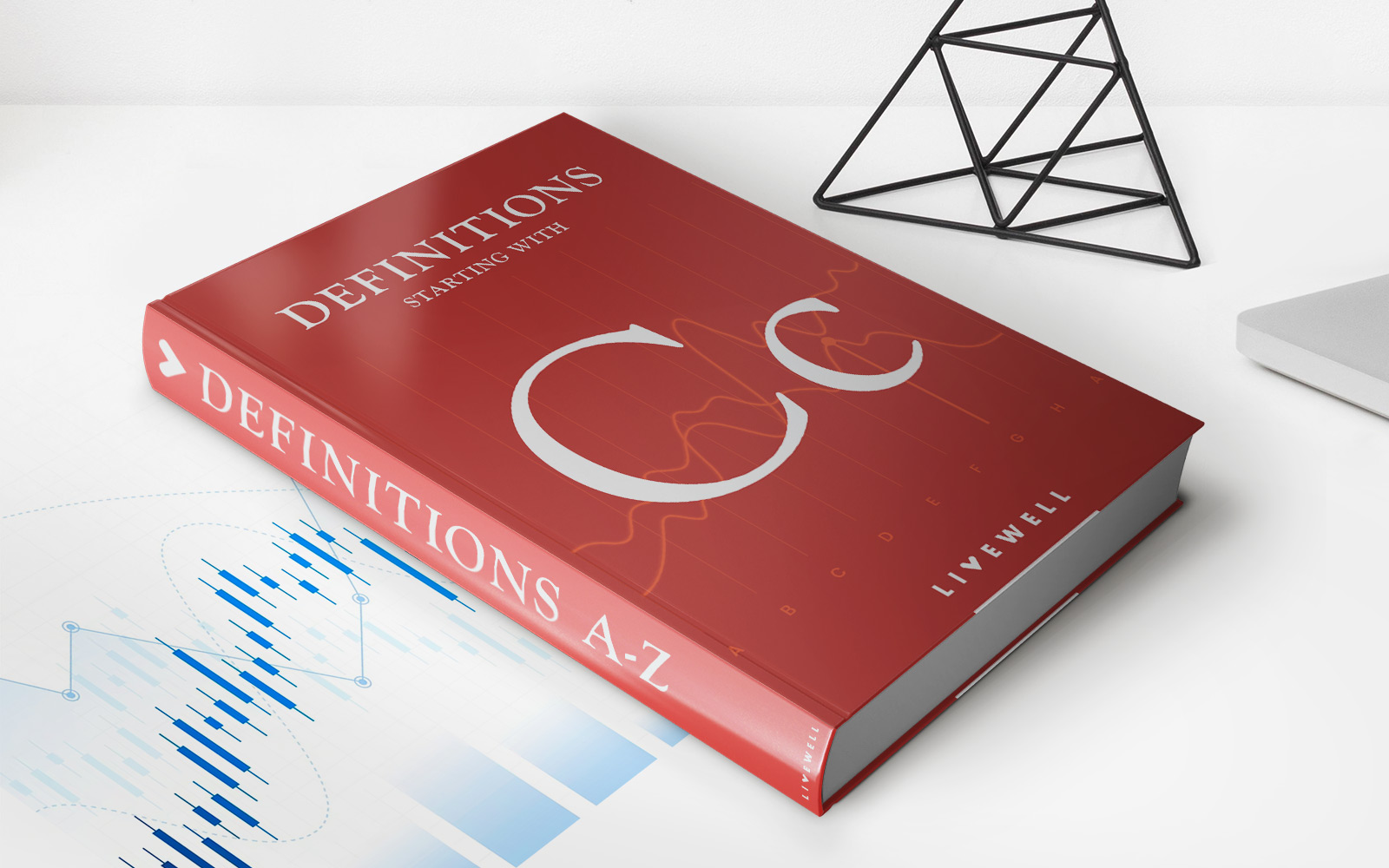Home>Finance>Insurance: Definition, How It Works, And Main Types Of Policies
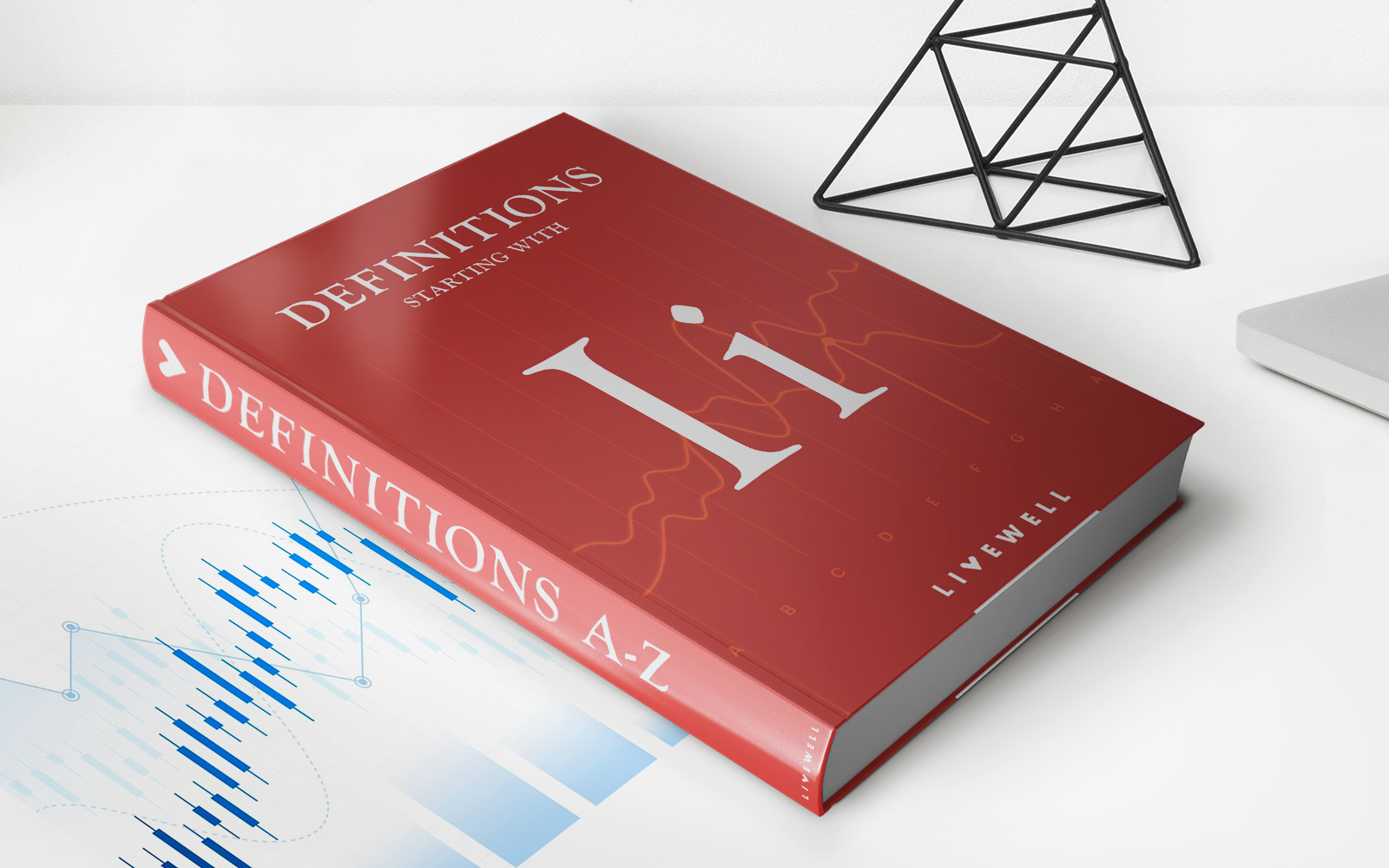

Finance
Insurance: Definition, How It Works, And Main Types Of Policies
Published: December 10, 2023
Get a clear understanding of insurance: its definition, how it works, and the main types of policies. Explore the world of finance through this comprehensive guide.
(Many of the links in this article redirect to a specific reviewed product. Your purchase of these products through affiliate links helps to generate commission for LiveWell, at no extra cost. Learn more)
Insurance: Definition, How It Works, and Main Types of Policies
When it comes to safeguarding our financial well-being, insurance plays a crucial role. It provides us with peace of mind by protecting us against unforeseen events that may cause financial loss. In this blog post, we’ll delve into the world of insurance, explore its definition, learn how it works, and discover the main types of insurance policies available.
Key Takeaways:
- Insurance is a contract between an individual and an insurance company, where the individual pays a premium in exchange for coverage against specific risks and losses.
- Insurance works on the principle of risk pooling, where many individuals contribute funds to a collective pool, which is then used to reimburse policyholders for covered losses.
What is Insurance and How Does It Work?
Insurance is a financial product that provides protection against various risks and uncertainties. It acts as a safety net, shielding individuals, families, and businesses from potential financial ruin. In simple terms, insurance allows you to transfer the financial responsibility of an uncertain event to an insurance company in exchange for a premium.
Insurance works on the principle of risk-sharing. When you purchase an insurance policy, you become part of a larger pool of individuals who share similar risks. The premiums paid by all policyholders are pooled together to create a fund that is used to compensate those who experience losses covered under their policy. This mechanism allows individuals to mitigate the financial impact of unexpected events.
Main Types of Insurance Policies
There are various types of insurance policies available to cater to different needs and circumstances. Here are the main ones:
- Life Insurance: Life insurance provides a payout to designated beneficiaries upon the policyholder’s death. It offers financial protection to the insured’s family or dependents by replacing the lost income and helping cover expenses.
- Health Insurance: Health insurance covers medical expenses, including hospitalization, surgeries, and medication. It ensures that individuals and families have access to necessary healthcare without incurring exorbitant costs.
- Auto Insurance: Auto insurance provides coverage for vehicles against damages and losses resulting from accidents, theft, vandalism, or natural disasters. It helps protect against financial liabilities arising from bodily injuries or property damage.
- Homeowners Insurance: Homeowners insurance protects the homeowner against losses and damages to their property and possessions caused by fire, theft, natural disasters, or accidents. It may also provide liability coverage for accidents that occur on the insured property.
- Property Insurance: Property insurance is designed to protect businesses from various risks, including damage or loss of physical assets such as buildings, equipment, and inventory. It also covers liabilities arising from business operations.
These are just a few examples of insurance policies available in the market. There are many other specialized policies tailored to meet specific needs, such as travel insurance, pet insurance, and liability insurance for professionals.
In conclusion, insurance plays a vital role in safeguarding our finances and providing peace of mind. By understanding its definition, how it works, and the main types of insurance policies available, you can make informed decisions about protecting yourself, your loved ones, and your assets. Remember, it’s always wise to consult with an insurance professional to assess your specific needs and find the best coverage for you.
